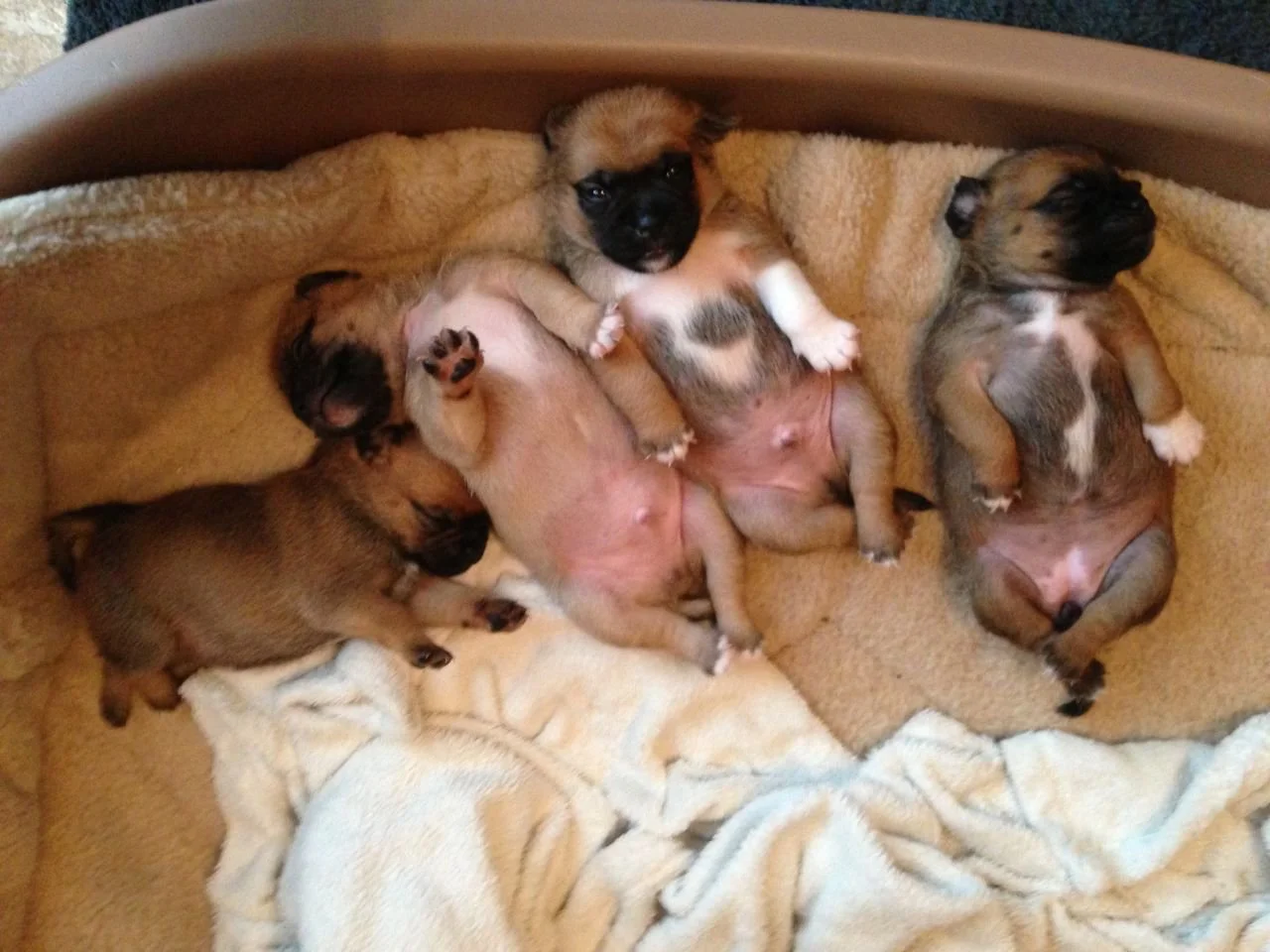Breeders have a number of differences from cattery owners:
breeder
May not have special education
Owns one breeding female
Enters data on mating and whelping in the registration book of the regional kennel club
Independently examines and rejects puppies or invites for this purpose a specialist with specialized education from the kennel club
Invites a specialist from the club for branding puppies
The puppy’s metric is filled by the kennel club

Nursery owner
Must have education (veterinary/zootechnical/cynological)
Owns several breeding females and males
Data on mating and whelping in the nursery registration book is entered by the breeder of the nursery
Independently examines and rejects puppies
Independently conducts branding of puppies
The puppy’s metric is filled in by the breeder of the kennel
WHAT IS NECESSARY TO OPEN A CATTERY
Opening a nursery is a complex process. To open a nursery, you must:
Decide on the breed of the dog and the area for the dog kennel. The kennel should have enough space for keeping dogs and puppies.
dog breeders
Become the owner of several breeding females and males. Dogs that will participate in breeding at the RKF or FCI shows must have a conformation rating of “very good” or higher. Breeding with lower grades is prohibited.
Get a professional education. The owner of the nursery must have a veterinary, zootechnical or cynological diploma.
Have a factory attachment. The owner is obliged to receive the breeder’s letter prefix.
Pay a fee. The owner is obliged to pay the state fee for registering the cattery.
For all questions about the registration and operation of the dog kennel, it is recommended to contact the regional kennel club or the RKF.
BUYER TIPS: WHAT TO LOOK FOR AND WHAT TO ASK
Choosing a breeder or cattery. A potential breeder needs a purebred puppy with documents confirming its origin. Such a dog should be sought at dog breeders or in a kennel. It is recommended to find several breeders or kennels that breed the breed you like, and find out if they have registration in the RKF, as well as read reviews about their dogs on the Internet.
Visiting breeders, nursery. A good solution would be to visit several catteries or breeders and get to know them personally. They should be asked to show the puppy’s parents and the entire litter from which the potential breeder plans to take the animal. If possible, it is recommended that you bring a veterinarian or dog handler with you to help select a healthy puppy from the litter.
Dog health assessment. A purebred dog does not mean a healthy dog. Moreover, there are many breeds predisposed to various diseases. It is recommended to find out what kind of research the breeder does on their breeding dogs. For some breeds, there are requirements for a veterinary diagnostic test before a breeding permit is issued. For example, diagnosis of dysplasia, congenital heart disease or genetic tests.
You should ask what examinations and preventive treatments were performed on the puppy and whether there was a vaccination – then they will issue an international veterinary passport.

You also need to find out if the puppy has allergies, signs of malaise, and behavioral patterns.
Clarification of the conditions of detention. It is recommended to find out what breeders fed the puppy, whether they walked it on the street.
Verification of documents. You must carefully read the contract of sale.
Visit to the vet. If the breeder purchased the puppy on his own, after the purchase, you should contact the veterinary clinic and ask the doctor to examine the animal.
Communication support. It is recommended to ask the breeder to stay in touch so that you can consult with him regarding the health of the pet.
A thoroughbred dog must be healthy – this is one of the goals of purebred breeding. If you carefully approach the choice of a thoroughbred dog, there will be no problems with hereditary diseases and behavior.